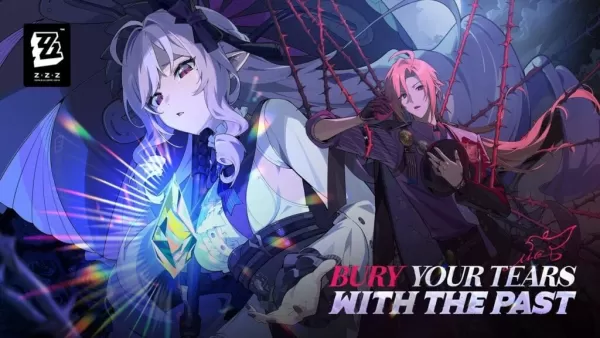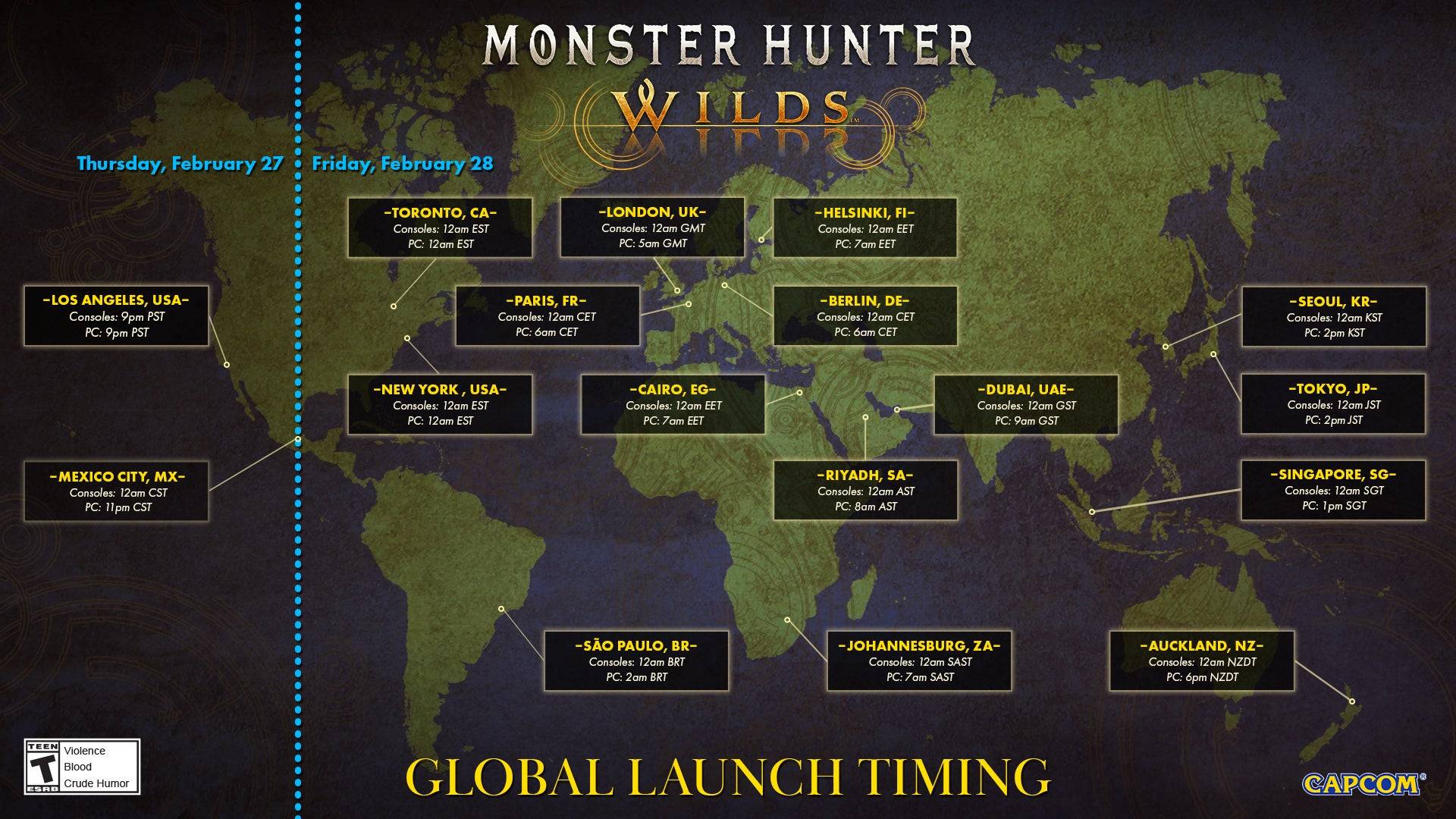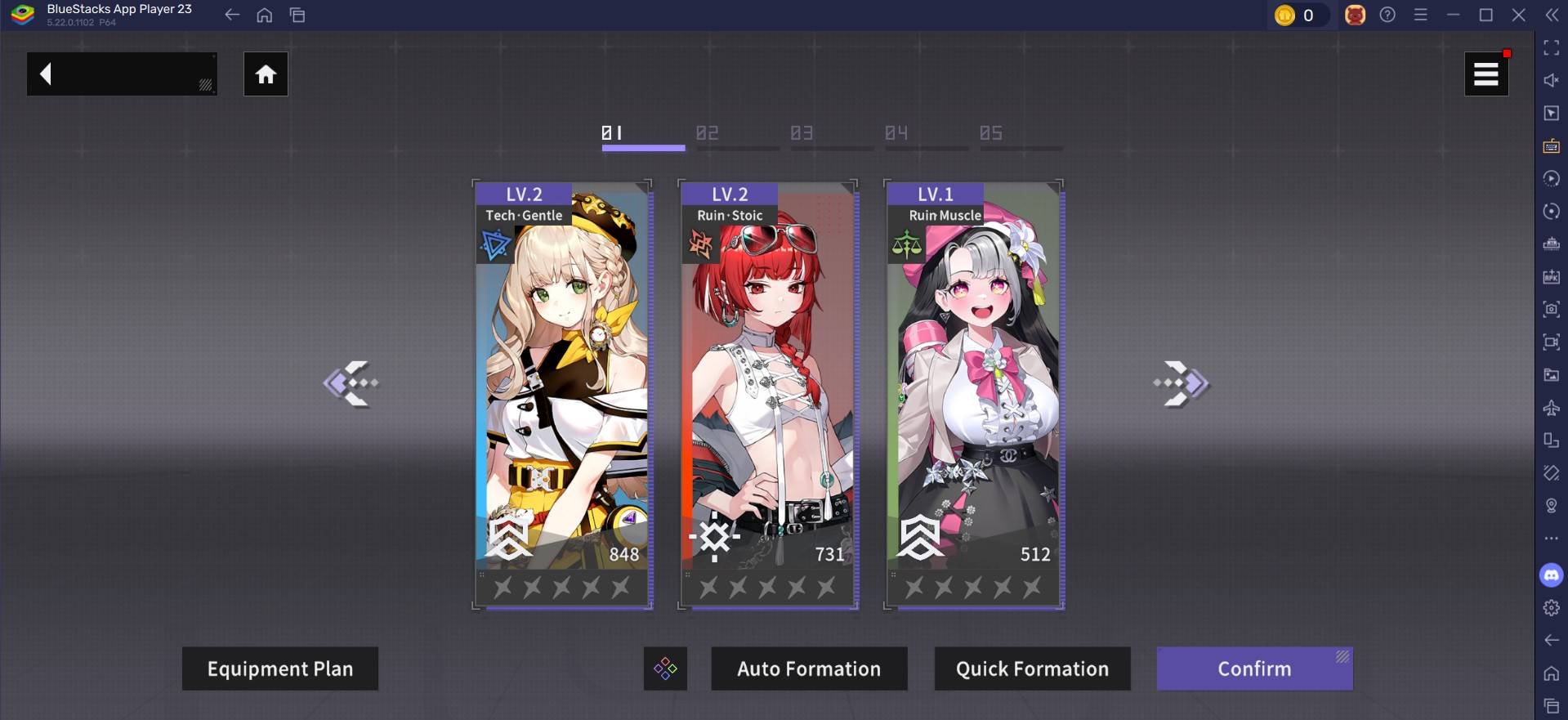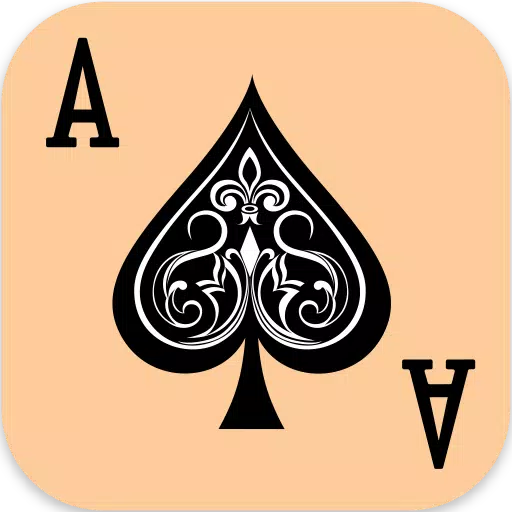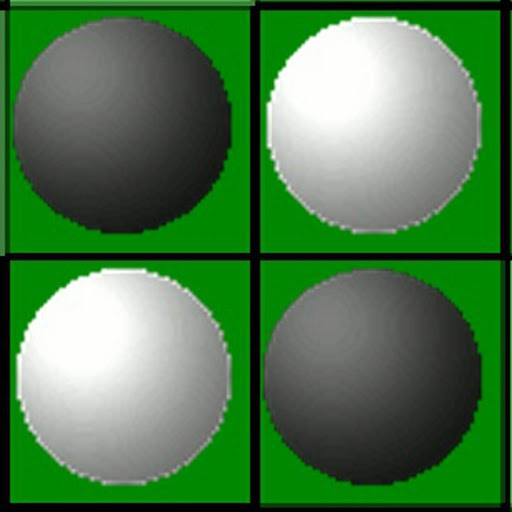This past weekend marked the inaugural round of network tests for Elden Ring Nightreign, the eagerly anticipated standalone multiplayer game spun off from FromSoftware's masterpiece. Unlike the previous year's Shadow of the Erdtree DLC, Nightreign diverges significantly from its progenitor, abandoning the open-world exploration of Elden Ring in favor of a streamlined survival format. In this new game, teams of three players are tasked with parachuting into progressively smaller maps to combat waves of enemies and progressively tougher bosses. The design echoes the wildly successful Fortnite, which has seen 200 million players this month alone, suggesting a clear influence from Epic's battle royale phenomenon.
However, Nightreign shares an even more intriguing connection with another, less celebrated title: 2013's God of War: Ascension. This connection is surprisingly beneficial.
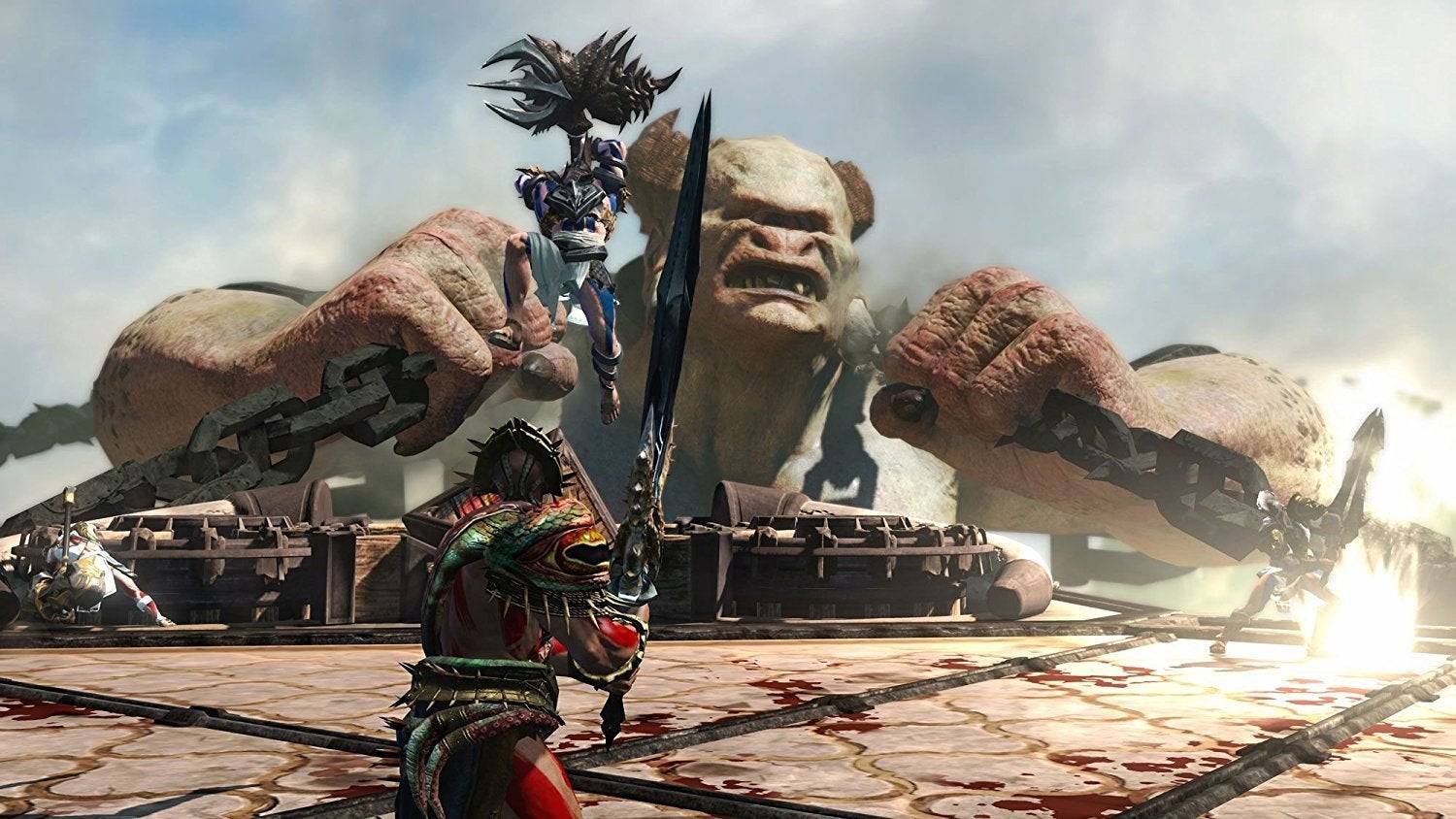 Image credit: Sony Santa Monica / Sony
Image credit: Sony Santa Monica / Sony
God of War: Ascension, released between 2010's God of War 3 and the 2018 Norse reboot, served as a prequel set before the original Greek mythology trilogy. It followed Kratos' attempt to break his oath to Aries. While it failed to match the epic conclusion of the initial trilogy, earning the label of the franchise's black sheep, it was unfairly criticized. Ascension's set-pieces, such as the Prison of the Damned—a dungeon carved into a 100-armed giant—were truly spectacular. More importantly, it introduced a novel feature to the series: multiplayer.
In Ascension, the Trial of the Gods mode is cooperative PvE, strikingly similar to Elden Ring Nightreign. As players navigate the Prison of the Damned in the campaign, they encounter an NPC who prematurely celebrates their rescue before being crushed by a boss. In multiplayer mode, this NPC becomes the player character, teleported to Olympus to pledge allegiance to one of four gods—Zeus, Poseidon, Hades, or Aries—each offering unique weapons, armor, and magic. Players then engage in five multiplayer modes, four of which are competitive PvP, while the fifth, Trial of the Gods, mirrors Nightreign's cooperative PvE structure.
Gameplay previews from notable "Soulsborne" YouTubers like VaatiyVidya and Iron Pineapple, as well as IGN's coverage, have highlighted the similarities between Nightreign and live service games like Fortnite. Like these games, Nightreign incorporates randomized loot, resource management, and environmental hazards that challenge players' health and movement. It even pays homage to Fortnite with players dropping into levels from the sky, guided by spirit birds.
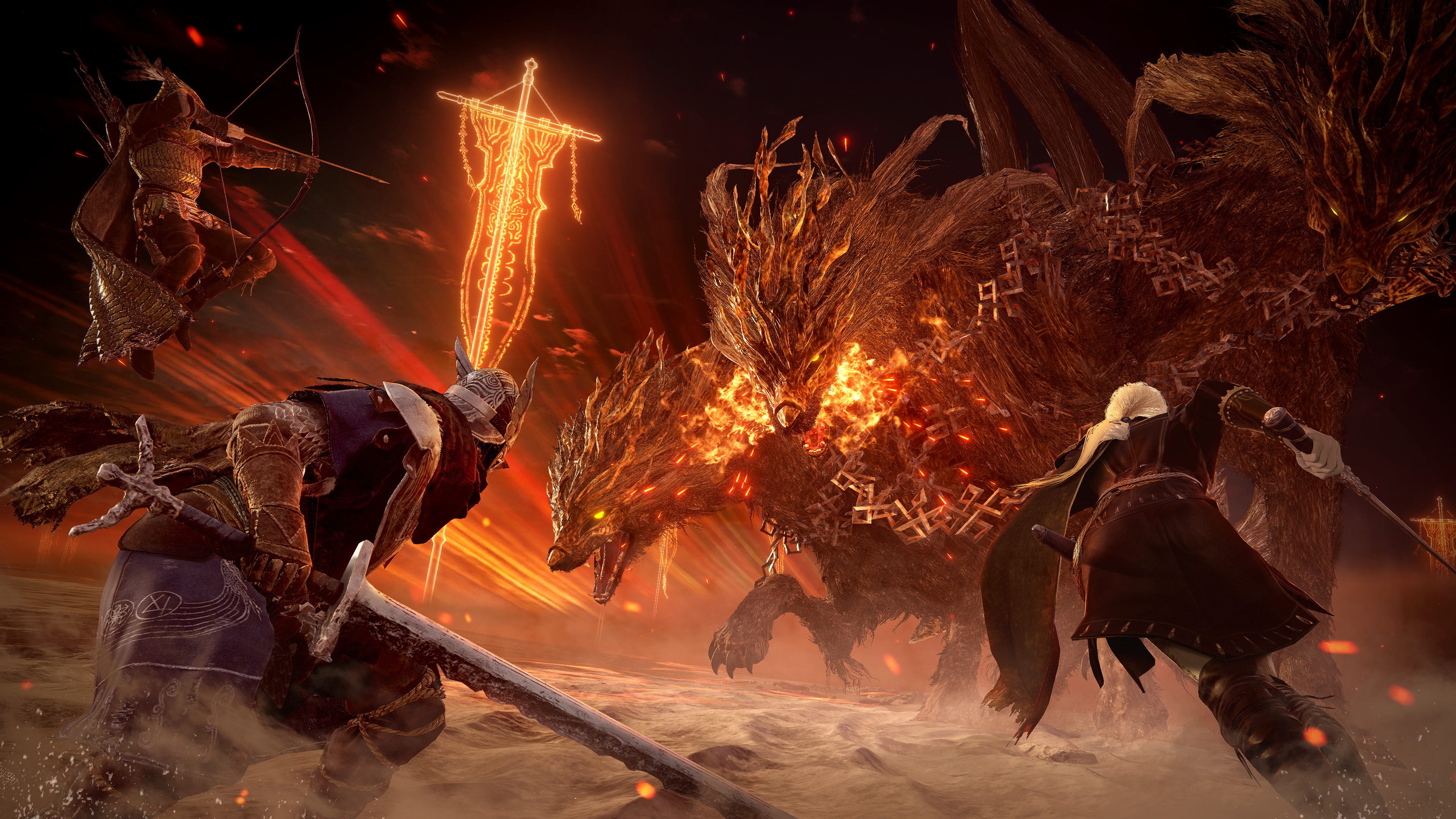 Image credit: FromSoftware / Bandai Namco
Image credit: FromSoftware / Bandai Namco
While Ascension lacks Nightreign's battle royale-like elements, deeper similarities between the two games emerge upon closer inspection. Both Nightreign and Ascension's Trial of the Gods are cooperative experiences where teams face increasingly difficult foes. Both games offer the chance to battle iconic bosses from previous titles, such as Hercules from God of War 3 or the Nameless King from Dark Souls 3. Both feature countdown timers (with Ascension's pauseable upon enemy defeats) and occur on maps that are either small or shrinking. Additionally, both are multiplayer ventures from studios renowned for their single-player masterpieces, developed without the direct involvement of their series' creators. Hidetaka Miyazaki, director of Elden Ring, is currently working on a new project, while the directors of the original God of War trilogy had left Sony Santa Monica before Ascension's development.
Players who participated in Nightreign's network test described their experiences as frantic and exhilarating races against time, contrasting sharply with the more relaxed pace of the base Elden Ring game. In Nightreign, players must rely on instinct, with increased speed and limited resources, creating a sense of urgency and efficiency. Without the trusty steed Torrent, players channel their inner spirit horse to run faster and jump higher.
Ascension's multiplayer similarly adjusted its single-player blueprint for tighter pacing, using techniques akin to those in Nightreign. It enhanced player movement with increased run speeds, extended jumps, automated parkour, and a grapple attack, akin to Nightreign's Wylder character's mechanics. These new moves are crucial, as the game throws numerous enemies at players, necessitating swift and relentless action.
Nightreign's similarities to Ascension are unexpected, not just because Ascension is often overlooked, but also because the Soulslike genre, to which Elden Ring belongs, initially stood in stark contrast to God of War. While God of War lets players embody a god-slaying warrior, Soulslike games cast players as nameless, struggling undead. The challenge, once intensely frustrating in FromSoftware's earlier games, has lessened over time as players mastered the games and developers introduced more powerful tools. Nightreign aims to reintroduce this challenge by limiting access to overpowered builds, offering players a taste of the high-stakes, time-sensitive action reminiscent of Kratos' frantic battles in Ascension.



 LATEST ARTICLES
LATEST ARTICLES 